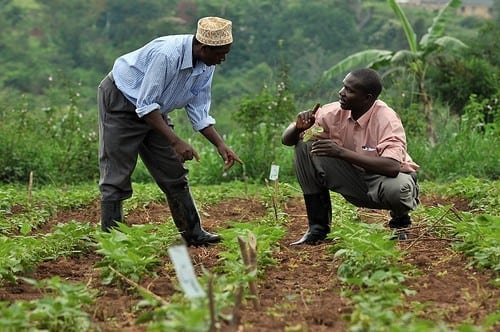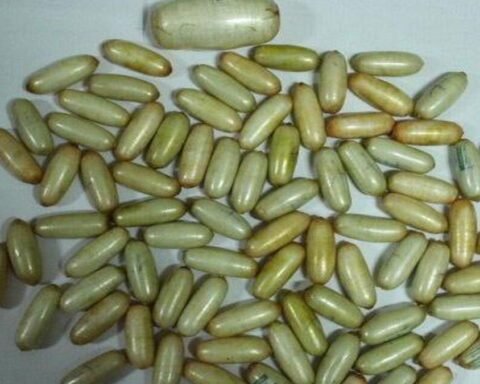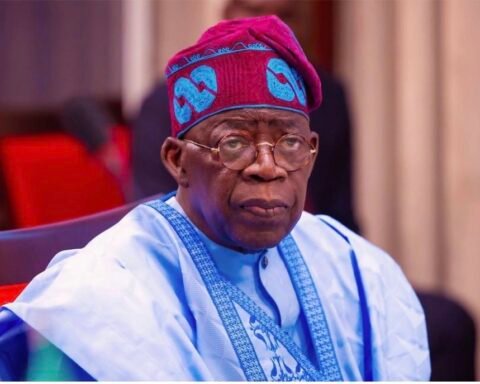The World Bank said on Friday it has approved a $200 million loan to the Republic of Nigeria to support the government’s effort to boost small and mid-scale farmers.
The loan from the International Development Association, the bank’s low-interest arm, has a maturity of 25 years with a grace period of five years.
Nigeria slipped into its first recession in 25 years last year, brought on by low prices for its mainstay, crude oil. It has been trying to diversify away from hydrocarbons, build badly needed infrastructure and boost agriculture.
“Priority value chains … will include products with potential for immediate improvement of food security, products with a potential for export and foreign currency earnings,” the bank said in a statement.

The funds will help tackle low yields, lack of seed capital to set up agro-factories, low-level adoption of technology and limited access to markets, it said.
Nigeria spends $20 billion a year importing food. With the fall in oil prices, it has been running short of dollars, which has also weakened the local currency.
Last month the government unveiled sweeping recovery plans which included currency reforms to boost tax revenues.
It aims to achieve self-sufficiency in rice by 2018 and in wheat by 2019 or 2020. By the latter date, it also hopes to be a net exporter of rice, cashew nuts, groundnuts, cassava and vegetable oil, some of the crops the World Bank loan is meant to finance. But it also needs to tackle its poor transport network.
The bank said about 60,000 individuals will benefit directly from the funding, of which 35 percent are women. About 300,000 farming households will be affected indirectly.
The International Monetary Fund is expected to warn Nigeria by the end of the month that its economy needs urgent reform, according to a report seen by Reuters that could delay talks over $1.4 billion in budget support loans.







